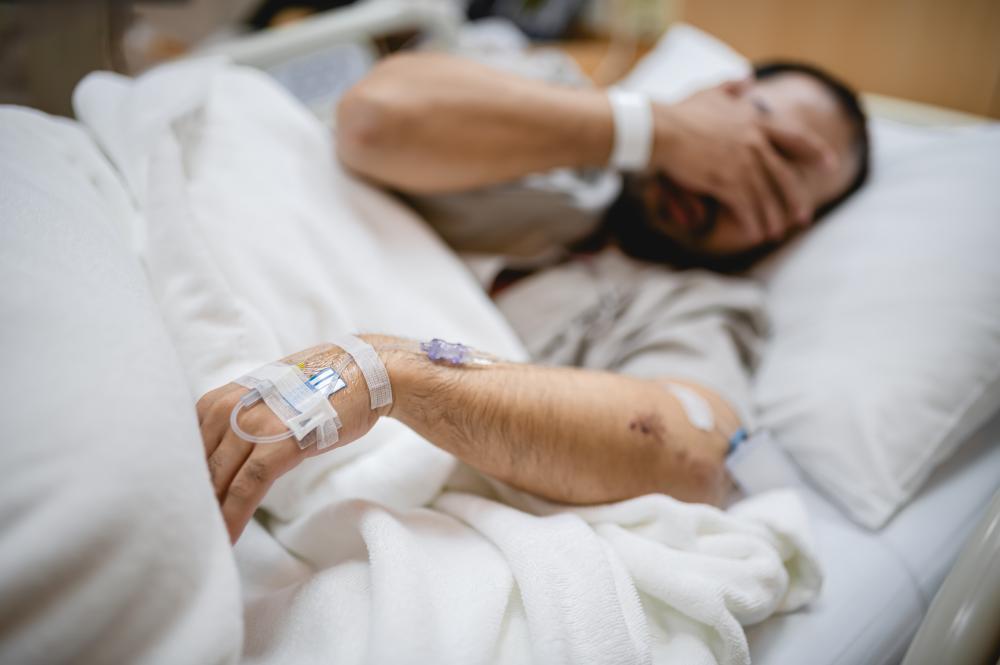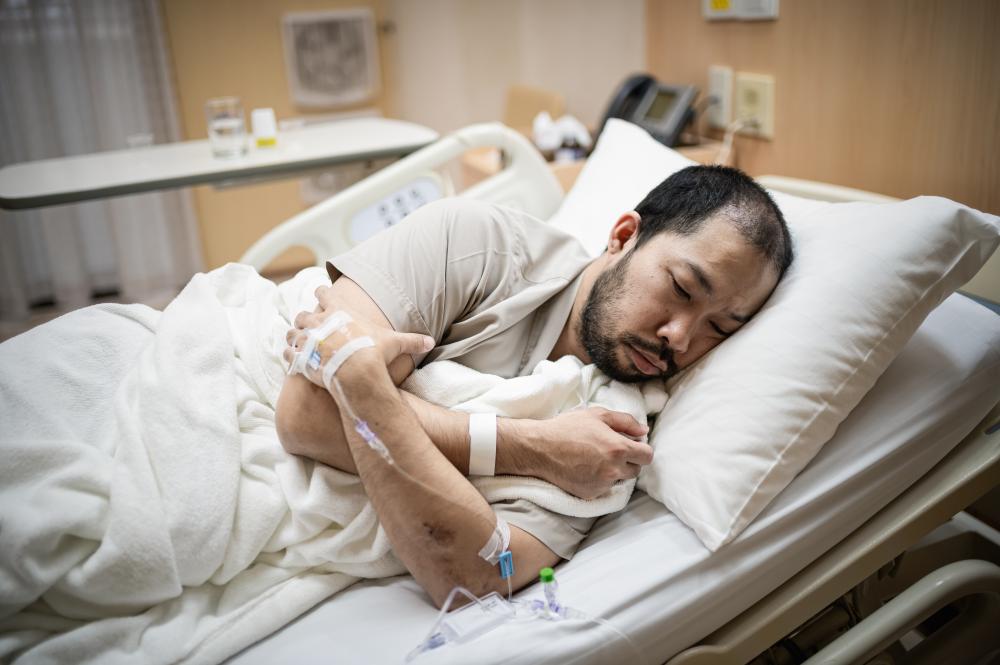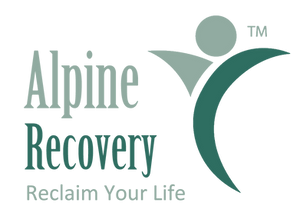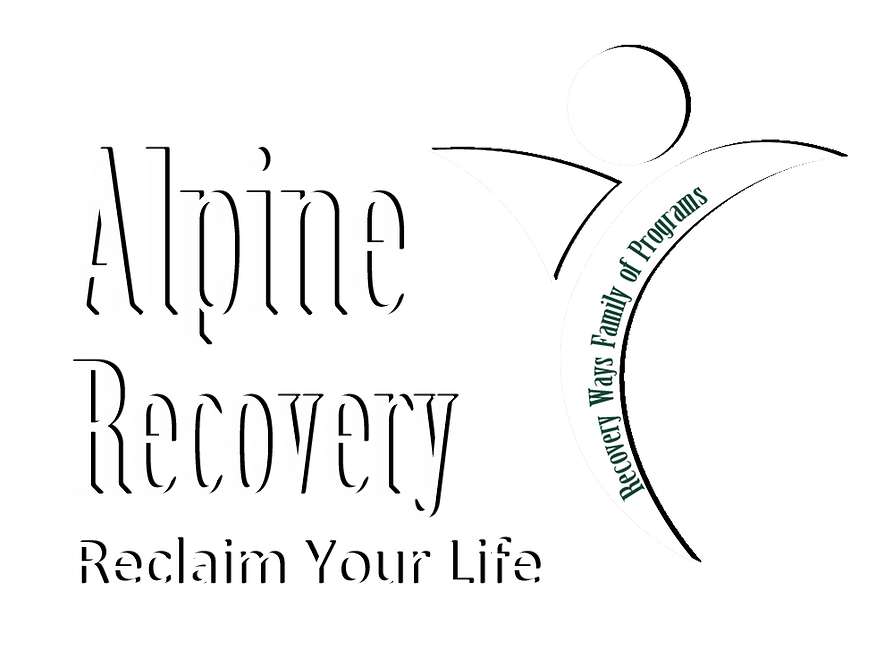
Personalized Care for Addiction Recovery
At Alpine Recovery, we believe that each individual’s journey is unique, and therefore, our treatment plans are tailored to meet the specific needs of every client. This personalized approach ensures that the recovery process is effective and sustainable. Our team understands that addiction can manifest in diverse ways, necessitating a comprehensive evaluation to develop a customized care plan.
The first step involves an in-depth assessment conducted by our experienced professionals. This helps in identifying the underlying causes and triggers of addiction, as well as the physical and emotional challenges faced by the client. We then use this information to craft a treatment strategy that fits best with their personal recovery goals.
The Role of Inpatient Treatment
Inpatient treatment in Washington State is an essential option for individuals needing intensive care and structure in their recovery journey. At Alpine Recovery, clients reside within our facility, where they can focus entirely on healing away from everyday distractions and potential relapse triggers. This immersive environment offers the highest level of care with round-the-clock support.
Our inpatient program is especially beneficial for those dealing with severe addiction issues. By providing a controlled setting, clients can concentrate on therapy, building life skills, and developing relapse prevention strategies. The extended time spent in our care allows for deep-rooted behavioral changes and learning of new coping mechanisms.
Detoxification Process and Support
The detoxification process is often the first step in inpatient treatment, essential for safely managing withdrawal symptoms. At Alpine Recovery, our medical team supervises this critical phase to ensure comfort and safety. We understand that detox can be a challenging experience, both physically and mentally.
Our detox program is supported by medical professionals who are on hand to offer medications that alleviate withdrawal symptoms and provide emotional support. The goal is to prepare the body and mind for the therapeutic work ahead, laying a solid foundation for recovery.
Individual and Group Therapy
Both individual and group therapy form the backbone of our treatment programs. In one-on-one sessions, clients explore personal issues and develop strategies for overcoming them with the guidance of licensed therapists. These sessions are tailored to address specific challenges such as substance abuse triggers, mental health disorders, or personal grief.
Group therapy, on the other hand, offers clients the chance to connect with peers facing similar struggles. This communal atmosphere fosters a sense of camaraderie and understanding among participants, who share experiences and support each other’s paths to recovery.
Moreover, group sessions provide a platform for developing social skills and building a network of sober relationships. They are facilitated by experienced counselors who guide discussions and ensure a safe and inclusive environment for all members.
Family Counseling and Involvement
Recognizing addiction as a family disease, Alpine Recovery emphasizes the importance of involving loved ones in the healing process. Family counseling sessions are designed to address relational dynamics and encourage communication among family members. We help families understand the nature of addiction and the recovery process.
These sessions provide a space for families to express their concerns and feelings in a supportive setting. Our goal is to heal damaged relationships and equip families with tools to contribute positively to their loved one’s recovery journey. By fostering a healthy family environment, we enhance the overall effectiveness of inpatient treatment in Washington State.
Values of Holistic Treatments
At Alpine Recovery, we integrate holistic treatments into our programs to promote overall well-being. These therapies, including mindfulness practices, yoga, and art therapy, contribute to healing beyond traditional methods. They aim to enhance emotional balance, mental clarity, and physical health.
Our clients often find that incorporating holistic treatments into their routines provides new avenues for stress relief and personal insight. These activities encourage creative expression and self-awareness, vital components in rebuilding a life free from addiction. By attending to the mind, body, and spirit, clients achieve a more harmonious and sustained recovery.
Aftercare Planning and Support
The transition from inpatient treatment back into everyday life can be daunting. Alpine Recovery ensures that clients leave our facility with a robust aftercare plan to support continued sobriety. We work with each individual to develop a strategy that addresses potential challenges and maintains the progress made during treatment.
This plan may include ongoing therapy sessions, participation in support groups, and relapse prevention strategies. We also encourage clients to maintain connections with peers from their treatment program, fostering a sustained community of support. Our aftercare services are designed to provide the necessary tools and resources to navigate life after treatment successfully.
In addition to structured aftercare, we offer alumni programs that keep former clients engaged and supported. These programs include regular check-ins, group activities, and access to additional resources as needed.
Importance of Community Support
Community support is a vital element of the healing process at Alpine Recovery. Our programs are built on the premise that strong relationships and a sense of belonging can significantly impact recovery outcomes. Clients are encouraged to engage with their peers, share experiences, and build lasting friendships.
Participating in community activities within the facility helps clients develop social connections in a sober environment. These bonds often extend beyond the walls of Alpine Recovery, contributing to a supportive network that aids long-term sobriety.
The Serene Setting of Our Facility
Located in a tranquil area, Alpine Recovery offers an ideal setting for individuals to embark on their recovery journey. Our serene environment is conducive to reflection and personal growth, away from the hustle and bustle of daily life.
Surrounded by nature, clients have the opportunity to engage in outdoor activities, which are an integral part of our holistic approach. These experiences connect individuals with the natural world, promoting relaxation and a sense of peace. The calm surroundings enhance the therapeutic work done within our facility, making it a safe and supportive environment for recovery.
Commitment to Quality Care
Alpine Recovery is dedicated to providing high-quality care that meets the diverse needs of those seeking inpatient treatment in Washington State. Our team of skilled professionals is committed to supporting clients throughout their recovery journey with compassion and expertise.
We continuously refine our treatment programs based on the latest research and best practices in the field of addiction recovery. Our goal is to empower individuals to rebuild their lives and achieve sustained sobriety through comprehensive and personalized care. By maintaining high standards, we ensure that each client receives the support they need to thrive.

How long do people get inpatient treatment?
The length of inpatient treatment can vary significantly depending on the individual’s needs and circumstances. At Alpine Recovery, we recognize that there is no one-size-fits-all solution when it comes to addiction recovery. Typically, inpatient programs can range from 30 to 90 days, with some individuals requiring longer stays. The duration is often determined by the severity of the addiction, any co-occurring mental health conditions, and the individual’s progress in treatment. We work closely with each client to assess their unique situation and adjust their treatment plan as necessary to ensure the best possible outcome. For example, someone with a longer history of substance abuse may benefit from an extended stay to fully address their challenges and develop new coping mechanisms. It’s essential to view inpatient treatment as a foundational step in a lifelong recovery journey, with many transitioning to outpatient care and support groups afterward to maintain their sobriety.
How much does rehab cost in Washington state?
The cost of rehab in Washington State can vary widely based on factors such as the type of facility, the length of stay, and the range of services provided. At Alpine Recovery, we are committed to offering high-quality, accessible care, and we work with clients to explore various payment options, including insurance and financing plans. On average, inpatient rehab in the state can range from several thousand to tens of thousands of dollars, depending on the level and length of care. While the cost can seem daunting, it’s vital to consider it an investment in one’s health and future. We encourage prospective clients to contact our admissions team for a detailed breakdown of our program costs and to discuss any financial concerns. Remember, prioritizing recovery can lead to significant long-term savings by reducing the personal, professional, and societal costs associated with addiction.
What is considered inpatient treatment?
Inpatient treatment refers to a structured and immersive form of rehabilitation where individuals reside at the treatment facility for the duration of their program. At Alpine Recovery, inpatient care is designed to offer a high level of supervision and support in a safe and serene environment, away from the daily triggers and stresses that might contribute to relapse. During their stay, clients participate in a variety of therapeutic activities, including individual and group counseling, holistic treatments, and life skills workshops. This comprehensive approach allows individuals to focus entirely on their recovery without outside distractions. Inpatient treatment is particularly beneficial for those with severe addictions or co-occurring mental health disorders, as it provides 24/7 access to care and support. Our aim is to help clients build a strong foundation for recovery, equipping them with the tools and strategies needed to maintain sobriety after leaving the facility.
Does Medicaid pay for inpatient treatment?
Yes, Medicaid often covers some forms of inpatient treatment, although coverage can vary based on the state and specific plan details. At Alpine Recovery, we accept a range of insurance plans and are committed to helping clients navigate the complexities of insurance coverage. It’s essential to contact your Medicaid provider directly to understand the specifics of your policy, including any required authorizations or referrals. Our administrative team is also available to assist you in verifying your benefits and exploring other potential funding options. Utilizing Medicaid for treatment can significantly reduce the financial burden, allowing individuals to focus on the path to recovery. However, it’s always beneficial to discuss your coverage in detail with both your insurance provider and treatment facility to avoid unexpected costs. If you’re considering this option, feel free to reach out to us for guidance on how to proceed.
What role does family counseling play in recovery?
Family counseling plays a pivotal role in the recovery process by addressing the relational dynamics that can influence addiction. At Alpine Recovery, we recognize that addiction is a family disease that impacts not just the individual but their loved ones as well. Family sessions provide a supportive environment where communication can be fostered, and underlying issues can be addressed. Through counseling, families learn about addiction, develop healthier interactions, and gain tools to support their loved one’s recovery journey. Having the family’s understanding and encouragement often enhances the effectiveness of treatment and contributes to long-term sobriety. For instance, through role-playing exercises or open discussions during sessions, families can better navigate difficult conversations and set appropriate boundaries, which are crucial for the recovering individual’s stability. Engaging in family counseling can truly transform the healing process, making it a partnership rather than a solo endeavor.
How important is community support during recovery?
Community support is a cornerstone of successful recovery, providing individuals with a network of understanding and encouragement that extends beyond treatment. At Alpine Recovery, we emphasize the significance of building connections with others who share similar experiences, as it can greatly enhance the recovery experience. Engaging with a community can offer both practical support, such as accountability partners or sponsors, and emotional reinforcement, helping individuals feel less isolated in their journey. Through activities like group therapy or alumni programs, clients can form lasting bonds that continue to support their sobriety long after they leave inpatient care. Being part of a supportive community can make a difference in maintaining motivation and resilience in the face of challenges. Consider community support as a vital piece of the recovery puzzle, helping to bridge the transition from treatment to everyday life. We encourage those in recovery to actively seek out and participate in groups that resonate with their values and recovery goals.
Resources
- Substance Abuse and Mental Health Services Administration – SAMHSA is the agency within the U.S. Department of Health and Human Services that leads public health efforts to advance the behavioral health of the nation.
- National Institute on Drug Abuse – NIDA is a federal government research institute that aims to advance science on the causes and consequences of drug use and addiction.
- American Psychiatric Association – The APA is a professional organization representing psychiatrists in the United States. Their website provides resources on addiction and mental health.
- Centers for Disease Control and Prevention – The CDC is a national public health institute in the United States that provides information on substance abuse and related topics.
- National Alliance on Mental Illness – NAMI is a grassroots mental health organization dedicated to building better lives for those affected by mental illness.


